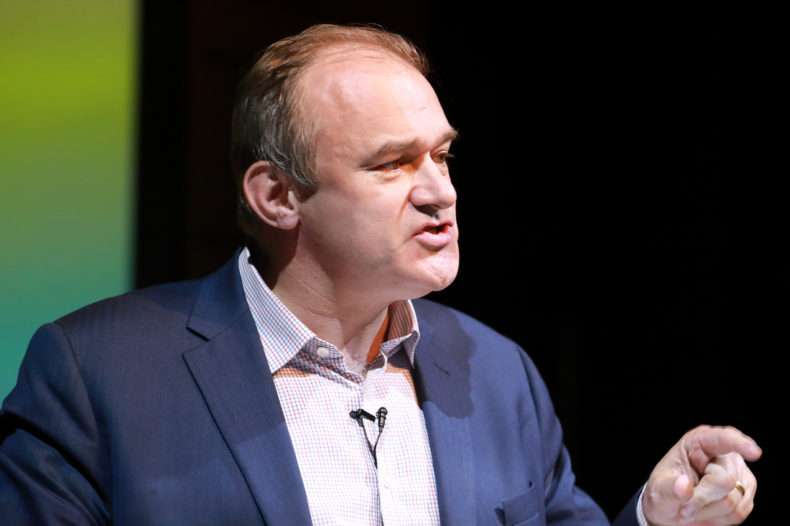UK Prime Minister Keir Starmer faced scrutiny in Parliament over the timing of Britain’s decision to allow Ukraine to use British-made Storm Shadow missiles against Russian forces.
Critics, including Liberal Democrat leader Sir Ed Davey, accused the government of reacting too late, with some attributing the decision to Donald Trump’s U.S. presidential election victory.
Addressing MPs, Sir Keir dismissed the notion that the approval stemmed from “Trump panic” and defended the move as a carefully coordinated decision with allied nations.
“Under article 51 of the UN Charter, Ukraine has a clear right to self-defense against Russia’s illegal attacks,” Starmer stated. “Russia could end this war tomorrow by withdrawing their forces. Until then, we stand firmly behind Ukraine’s security and ours, supporting them for as long as necessary.”
Diplomatic Challenges Amid Escalating Tensions
The announcement came as Ukraine deployed the missiles for the first time. Meanwhile, Defense Secretary John Healey refrained from confirming their use during a parliamentary defense committee hearing.
The approval follows months of lobbying from Ukrainian President Volodymyr Zelensky, who sought advanced weaponry to counter renewed Russian offensives. Diplomatic tensions reached a peak when Starmer traveled to Washington for urgent discussions with U.S. President Joe Biden, only to face threats from Russian President Vladimir Putin, including nuclear warnings and the expulsion of UK ambassadors.

Speculation has emerged that Trump’s election, and his pledge to halt U.S. aid to Ukraine, spurred Western nations to take bolder action. Trump’s stated plans to “rapidly end the war” have reportedly created urgency among allied leaders.
Sir Ed Davey pressed the issue in Parliament, suggesting the missile approval was reactionary. “We welcome the new approvals on long-range missiles,” he said. “But the reality is that this support should have been given sooner. Why has it taken the threat of a second Trump presidency for action?”

Divided Opinions on UK Leadership
Sir Keir pushed back against claims of hesitation. “Careful decisions are made, coordinated, and collaborated with our key allies,” he said. He added that the UK was already acting on the seizure of Russian assets and collaborating with international partners.
However, Davey called for more decisive leadership from the UK in Europe, urging Starmer to convene a summit to address Russian financial assets. “This is a war for our security and the values we hold dear,” he said. “We must not look back at this moment and wonder if we could have done more.”
Tory leader Kemi Badenoch criticized Starmer’s foreign policy approach, describing it as “a pick and mix of empty platitudes.” She accused the prime minister of prioritizing “short-term publicity over long-term planning.”
“He needs to show what he is doing abroad is in the country’s interest,” Badenoch said. She cited concerns over emissions targets, free trade negotiations, and defense spending, emphasizing the need for a clear roadmap to achieve a 2.5 percent GDP allocation for defense.
While Starmer defended his attendance at global summits like the G20 and COP29, his critics questioned the practical outcomes of his international engagements. “Where this Government does the right thing, we will back it,” Badenoch asserted. “But we will hold them to account when politics comes before practicality.”
The controversy reflects broader tensions over how Western nations, including the UK, are navigating Ukraine’s evolving war with Russia. As the conflict grinds on, calls for stronger, more unified leadership in Europe grow louder.
READ ALSO: NPP Denies Rigging and Violence Allegations Ahead 2024 Elections





















